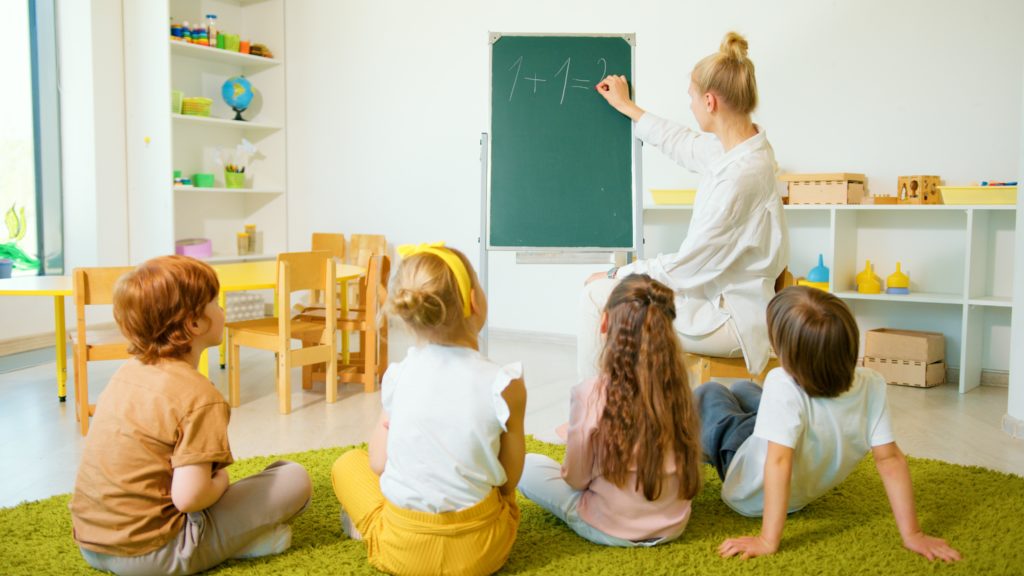One visit to a Montessori elementary school is all you would need to see how different the environment is from traditional public school learning. Developed by scientific observation, the Montessori Method was built on the way that children were observed to behave in a natural environment that wasn’t strictly proscribed. The 5 primary points of observation are still the primary tools of Montessori schools today.
- Play-based Learning
By observing Montessori elementary school children going about their self-chosen activities, Maria Montessori noticed that children were actually practicing skills, comparing objects, and engaging themselves in a wide assortment of educational activities. As the Montessori Method developed, engaging and enjoyable activities became the primary method of teaching young children.
- Self-Directed Work
For many people encountering Montessori for the first time, the idea of young kids going about their own chosen activities sounds like chaos. Self-directed work doesn’t lead to cacophony, but instead gives each child the impetus to focus on the things that interest them. Children are naturally interested in learning and giving them the freedom to follow their interests helps them develop the intrinsic motivation they need to keep trying until they get it right.
- Mixed-Age Groups
Another playground observation is that children do not naturally gather it in a set age range. Instead, younger older children work and play together, with younger kids gaining insights from the older ones, and older children building a healthy sense of self-esteem by having helped others.
- Rewards and Punishments
Observing children in a natural environment also revealed a more effective way of handling disobedience and other unwanted behavior. Instead of establishing a set of rewards and punishments to get the type of behavior desired, Montessori children are intrinsically motivated. They are given the social and emotional tools to express wants and discomforts, and taught that positive responses are preferable to negative ones. Children aren’t forced to learn, they are shown how learning can be enjoyable.
- Importance of Self-Esteem
At the heart of a successful Montessori education is a child who has confidence in her ability to do things, learn new information, and convey feelings and viewpoints in a positive way. The observed result of self-esteem is a willingness to go the extra distance, the determination to achieve goals, and the confidence to interact with others in a positive and productive way.
Maria Montessori’s observations became the foundation of the Montessori Method that bears her name. Today, all Montessori teachers are referred to as guides, owing to the fact that observation and careful guidance is still the way Montessori children are taught.
